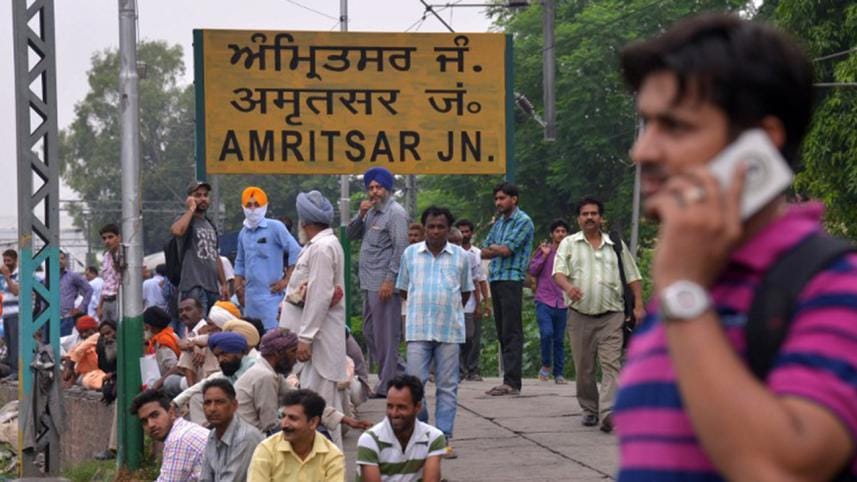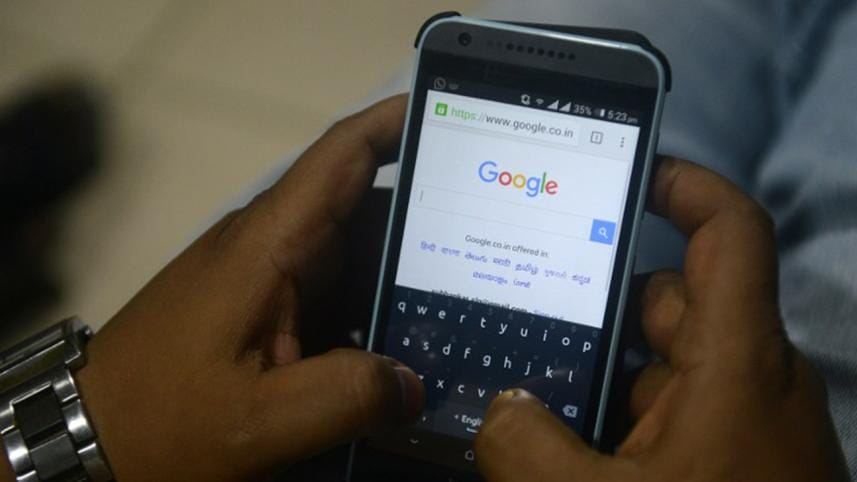Google to set up Wi-Fi in 400 Indian railway stations

Google is to provide high-speed public Wi-Fi in 400 Indian railway stations that carry millions of passengers every day, giving the company an important headway in the country.
The Internet giant is working with the Indian Railways and RailTel, a government-owned provider of telecommunications infrastructure to the railways, to initially cover 100 of the busiest stations in India before the end of 2016, reports pcworld.com.
The first stations are expected to come online in the coming months.
"Even with just the first 100 stations online, this project will make Wi-Fi available for the more than 10 million people who pass through every day," wrote Google CEO Sundar Pichai in a blog post.
The service will be offered free initially, but the aim is to make the project eventually self-sustainable, so as to provide Wi-Fi to more stations and other places, he added.
India's railways has the capacity to carry 21 million people daily and it plans to create capacity for 30 million passengers in the next five years, with track length also going up by 20 percent to about 138,000 kilometers.
India currently has about 300 million people already online.
The commercial terms of the deal between Google and Indian Railways, including whether the company will be allowed to serve advertisements to users at the railway stations, were not disclosed. Google did not immediately respond to a request for comment.
Pichai expects railway passengers to use the Wi-Fi to "to stream a high definition video while they're waiting, research their destination, or download some videos, a book or a new game for the journey ahead."
India's Prime Minister Narendra Modi visited Google's headquarters on Sunday as part of his effort to drum up support from Silicon Valley companies for his Digital India project, which aims to connect more Indians through the Internet.
"We want our 1.25 billion citizens to be digitally connected. We already have broadband usage across India go up by 63 percent last year. We need to accelerate this further," Modi told Silicon Valley executives at a dinner in San Jose on Saturday.
The country has launched an aggressive expansion of the national optical fibre network that will take broadband to 600,000 villages, he told the executives, according to India's Press Information Bureau.

India does not censor the Internet systematically as does neighboring China, but it has in the past had conflicts with Internet companies and local users over access to data by law enforcement, and the removal of pornographic content and material considered religiously offensive.
Ahead of Modi's visit to the U.S., the country's ministry of information technology released draft rules for encryption that would have required users to store the plain texts of encrypted information for 90 days from the date of a transaction and provide the text to law enforcement agencies when required under the laws of the country.
The draft rules were hastily withdrawn after protests from Indian users, and the government clarified that it did not represent its policy.
On Sunday, Modi also visited Facebook's headquarters and had a Town Hall Q&A for which the company said it had received more than 40,000 questions from the Facebook community.
Both Facebook and Google have launched development-focused programs in India. Both companies, however, also have problems in India.
Facebook's Internet.org app and mobile website, renamed Free Basics by Facebook last week, has been criticized for creating a "walled garden" of free Internet services including its own for low-income users.
The company has said it has opened up the project to any interested developer, under certain conditions. Google is meanwhile being investigated by the Competition Commission of India for anti-competitive practices in its advertising programs.
 For all latest news, follow The Daily Star's Google News channel.
For all latest news, follow The Daily Star's Google News channel.
Comments